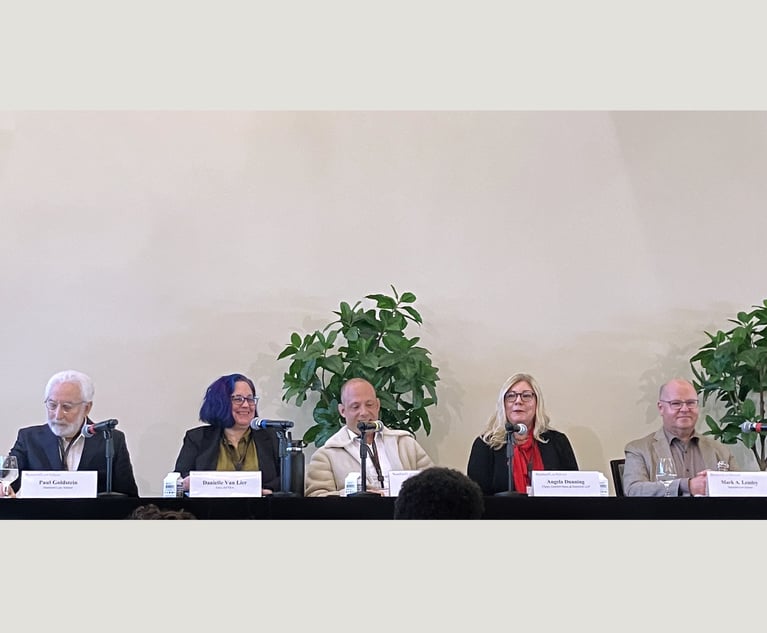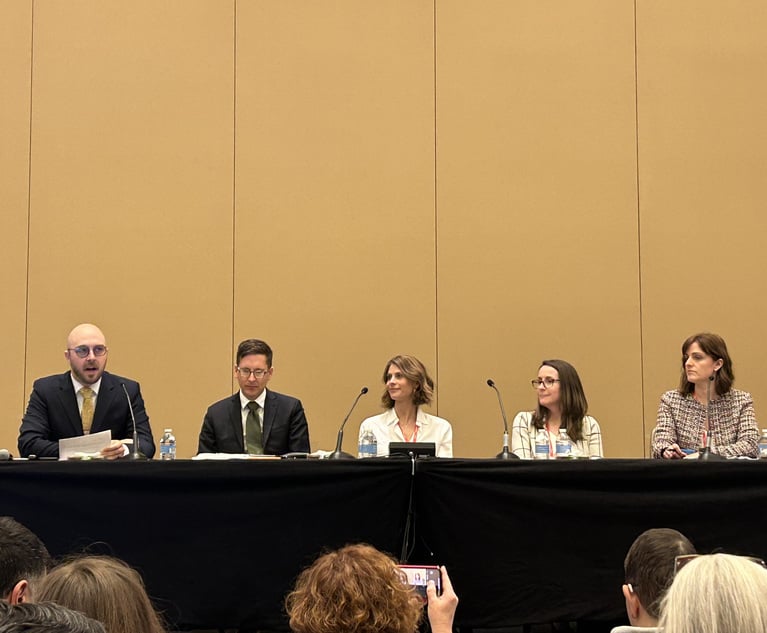One of the more important facets of adapting to machine learning in today’s legal sphere is knowing when not to use it. At the “Re-designing Legal Processes in the Age of Machine Learning” panel at the Corporate Legal Operations Consortium (CLOC) 2019 institute in Las Vegas, a group of law firm attorneys discussed how important it is not to develop a solution and then go looking for a problem.
But what exactly does it mean? While machine learning can be useful for repetitive process-level work such as separating relevant documents from a set, not every problem merits the type of investment necessary to properly bring it to bear.

 Zapp2Photo/Shutterstock.com.
Zapp2Photo/Shutterstock.com.








